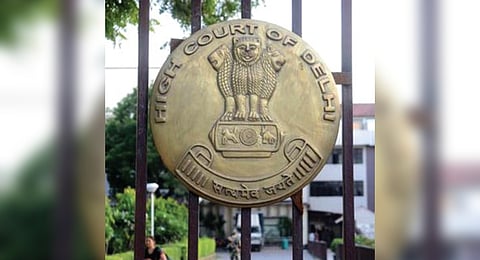HC seeks Bagga’s reply in Swamy’s plea to quash defamation case summons
NEW DELHI: The Delhi High Court on Wednesday directed BJP leader Tajinder Pal Singh Bagga to file a reply in response to a petition by party colleague and former Rajya Sabha MP Subramanian Swamy, who has challenged the summons issued to him in a criminal defamation case.
Justice Ravinder Dudeja granted Bagga four weeks to submit his reply, which must also address the question of whether Swamy’s petition is legally maintainable. Swamy was given two weeks thereafter to file a rejoinder. The next hearing is scheduled for August 26.
Swamy approached the High Court seeking to set aside the summons issued by a magistrate in the defamation case initiated by Bagga. The summons, dated March 22, 2022, had found sufficient ground to proceed against him. However, the High Court had stayed the trial court proceedings on April 4, 2022.
Appearing for Swamy, Senior Advocate Kapil Sibal informed the bench that Bagga had yet to file his response in the matter. In turn, Bagga’s counsel submitted that Swamy was first required to make submissions on the maintainability of his plea, a direction previously issued by the High Court.
The judge, however, insisted that Bagga must respond in full. “You ought to at least file your reply and include your arguments on maintainability within it,” Justice Dudeja remarked.
The High Court had earlier noted that Swamy had bypassed the sessions court and directly approached a superior court after the summons was issued, raising procedural questions about the maintainability of his plea.
The case stems from a tweet Swamy posted in September 2021, in which he allegedly claimed that Bagga had been repeatedly jailed for petty offences by the Mandir Marg police before joining the BJP. Bagga filed a defamation complaint, asserting that the allegation was entirely false and intended to damage his public image.
In his statement before the trial court, Bagga maintained that the tweet had caused reputational harm and was devoid of any truth. The magistrate, after reviewing the complaint, concluded there was prima facie evidence to summon Swamy as an accused.
Swamy’s counsel has argued that the magistrate’s order was flawed and based on a misinterpretation of the tweet. He further claimed that there was material in the public domain to support the substance of Swamy’s statement.

